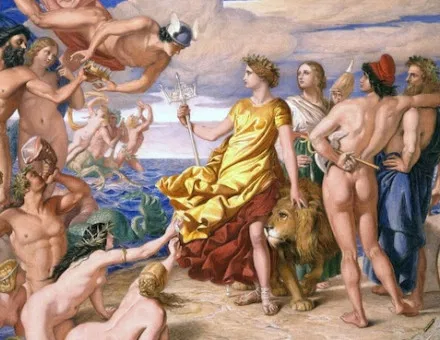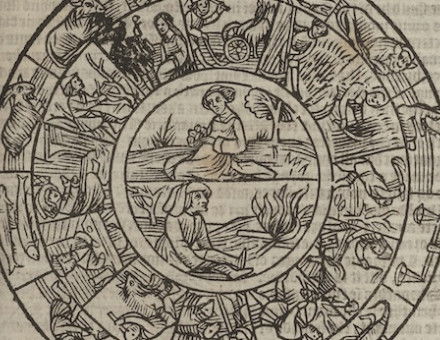The Discreet Virtues of the Bourgeoisie
Deirdre McCloskey describes how Europe after 1600 half escaped the ancient condemnation of economic life.
European culture in classical and Christian times spurned work and the bourgeoisie. Yet from 1600 to 1800, startlingly, it developed a lively appreciation of the ‘bourgeois virtues’, from which came the stirrings of enterprise that made the modern world.
But after 1848 the artists and intellectuals turned sharply against capitalism. From this, alas, came the events of 1914 and 1917 and all our woe.
That’s the forward story. But the historical evidence of how people have felt about capitalism and the bourgeois life, and what capitalism and the bourgeois life might have to do with ethics, is perhaps best assembled backwards.





